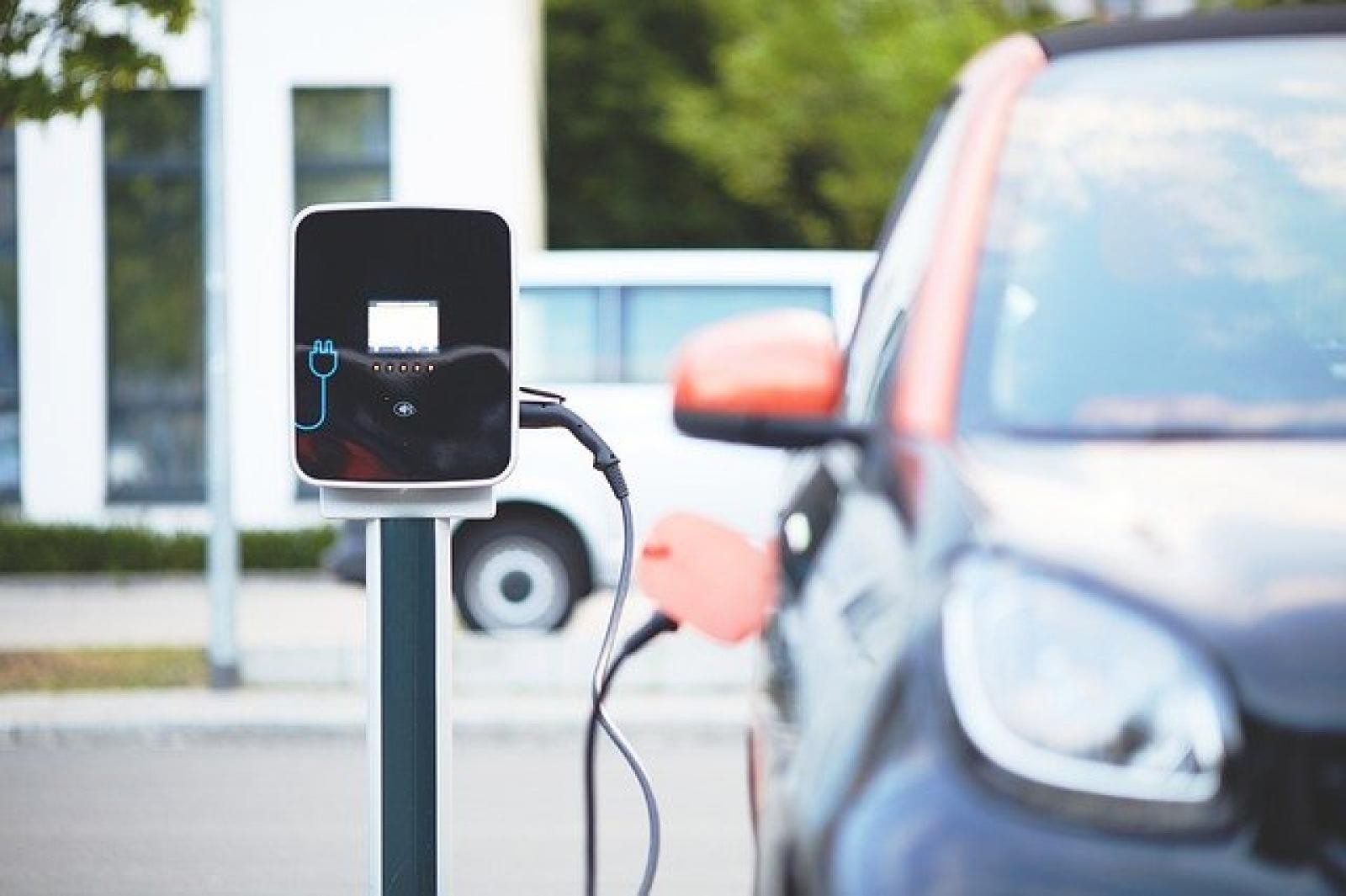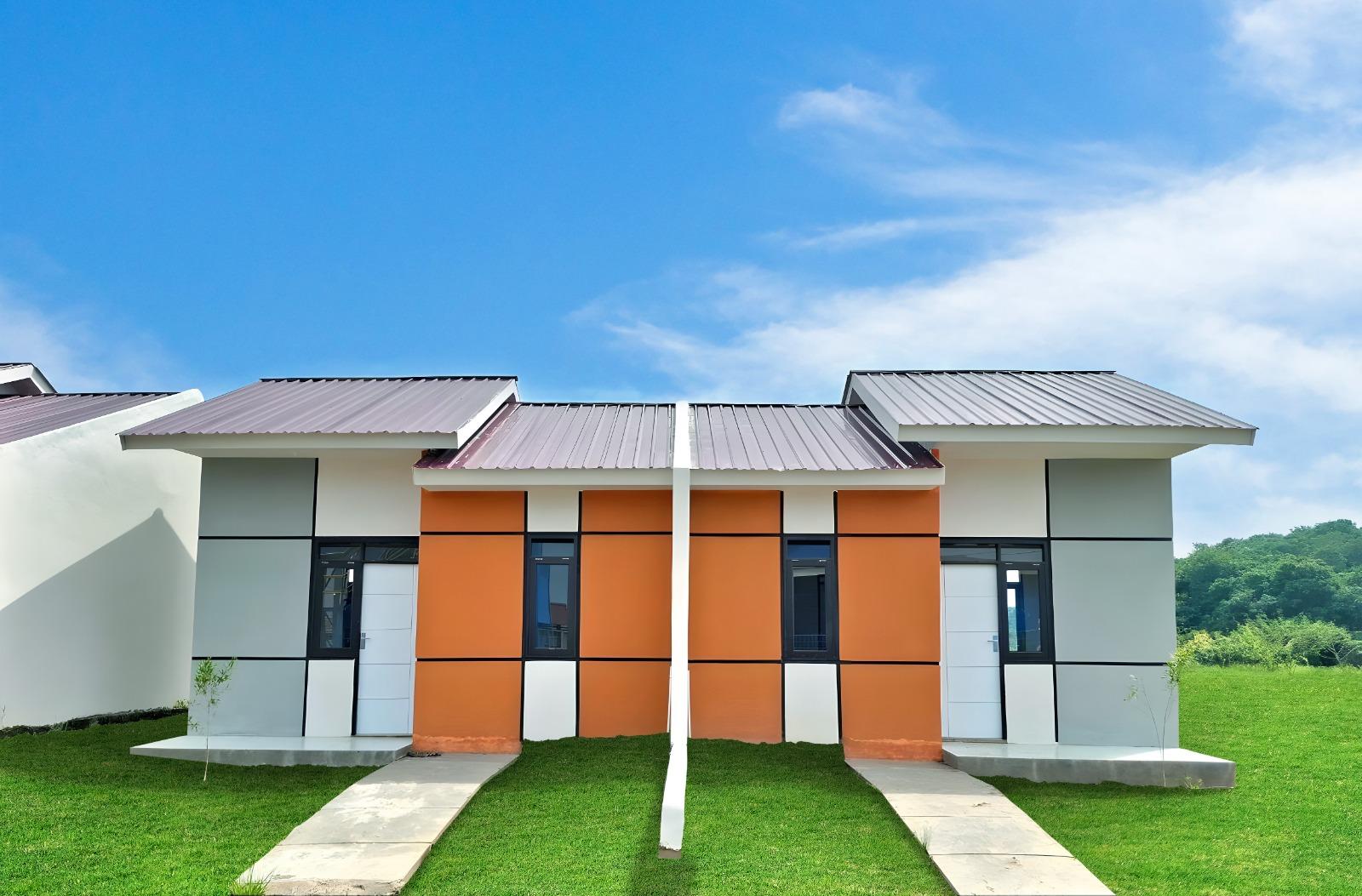
JAKARTA – PT Astra International Tbk (ASII) will compete with electric vehicle (EV) players from China, which have already been circulating in Indonesia. Until the first semester of 2024, the EV market reached 9.3% of Astras total four-wheeled vehicle sales, up from 7% at the end of 2023.
According to Tira Ardianti, Head of Corporate Investor Relations ASII, hybrid EV (HEV) cars are still the main contributors to the xEV market. 68-70% of it is hybrid, she said. Meanwhile, the remaining 30% of the xEV market is the Battery EV (BEV).
But, I see that BEV will continue to increase. As of August, the xEV market was almost 11%, and the BEV market, from 30%, has started to climb to 40%, continued Ardianti when met at Astra Media Day 2024 today (18/9).
In the future, Astras strategy to face the EV market dominated by Chinese manufacturers, according to Ardianti, is to follow the flow of vehicle electrification and launch 3 new BEV models in the next 2 years.
There are at least 3 Battery EV models to be introduced by the Astra Group together with its principals, as well as hybrid products which are hoped, of course, to be able to reach a wider community, continued Ardianti.
However, this strategy must also be supported by good network quality and aftersales. In line with this, on the same occasion, Sophie Handili, Director of PT Astra Otoparts Tbk (AUTO), also said that AUTO now supports electrification through manufacturing spare parts for EVs and providing EV battery charging infrastructure.
For EV charging, we have 2 business models; the first is Astra Otopower, and the second is Altro, said Ardianti. Astra Otopower is a battery charging operator, while through Altro, AUTO sells EV battery charging machines for OPM and non-OPM, and is now a supplier for Toyota-Astra Motor and Lexus.
As of June 2024, we have 29 stations, most of which are located at Astra Otoservice outlets. However, we also have charging stations for various power sources that we place in office areas, residential areas, and public areas, such as rest areas, said Handili. (ZH/LM)





